Athens Photo Festival invites submissions from artists and photographers worldwide for its Exhibition Program. Please review the Guidelines for Submission and Participation before applying.
Open Calls

Die „Biennale der steirischen Fotokunst“ versteht sich als Forum, das sich abseits von Freizeit- oder Reisefotografie der künstlerischen Fotografie verpflichtet fühlt. Ganz bewusst soll nicht dem gesamten Spektrum des fotografischen Schaffens eine Plattform geboten werden, sondern Werken, die über das reine Abbild oder die Ästhetik hinaus, inhaltliche Ebenen erschließen.
Fotokünstler:innen geboren oder tätig in der Steiermark sind eingeladen, eine Fotoarbeit aus dem Zeitraum 2024-26 einzureichen. Die Einladung richtet sich natürlich auch an Steirer:innen, die außerhalb der Steiermark und im Ausland tätig sind bzw. an internationale Gäste in der Steiermark. Zugelassen sind Einzelbilder oder Serien (bis 6 Bilder) sowie spartenübergreifende Fotoarbeiten im weiteren Sinn – es gibt keine Themenvorgabe. Alle Einreichungen, die den Teilnahmebedingungen entsprechen, werden im Handbuch und online präsentiert. Eine internationale Jury wird aus diesen Einreichungen 150 Beiträge für die Ausstellung auswählen. Ab 2027 wird eine Auswahl aus dieser Fotoschau als „photo graz selection“ auch auf internationaler Ebene vorgestellt werden.
Digitale Einreichungen können ab sofort bis zum 30. April 2026 durchgeführt werden: photo-graz.kulturvermittlung.org
Wir empfehlen eine möglichst frühe Einreichung. Über unser KultRent-Service können wie immer kostenlos Rahmen o.ä. entliehen werden. Für alle Fragen stehen wir gerne zur Verfügung. Nähere Informationen und Teilnahmebedingungen im Detail finden sich beigefügt bzw. online.
photo graz 026
Biennale der steirischen Fotokunst
Eröffnung: Samstag, 28. November 2026, Altes Kino Leibnitz
Ausstellung: 28. November 2026 – 30. Jänner 2027
Annahmeschluss – digitale Einreichung: 30. April 2026
Bestätigung der Annahme für die Ausstellung: bis 1. Juli 2026
Werkabgabe (nur nach erfolgter Zusage): bis 30. Oktober 2026, 12:00 Uhr
INFO + Organisation: Kulturvermittlung Steiermark | kulturvermittlung.org
Kontakt: Gerhard Gross | 0316 872 4934 | photo-graz@kulturvermittlung.org
Ausschreibung
Einreichung
• photo graz 026 • photo graz 026
Ars Electronica sucht kreative und kritische Projekte
Mach mit bei u19–create your world – dem Wettbewerb für junge Künstler*innen und kritische Weiterdenker*innen bis 19 Jahre. Präsentiere uns deine Welt und neue Ideen für eine gemeinsame Zukunft aus den Bereichen Kunst, Technologie und Gesellschaft. Alle Ausdrucksmittel sind erwünscht! Wähle dein Medium oder dein Werkzeug und schick uns inspirierende Konzepte oder bereits umgesetzte Projekte.
Wir suchen deine Ideen und Projekte zur Welt von morgen!
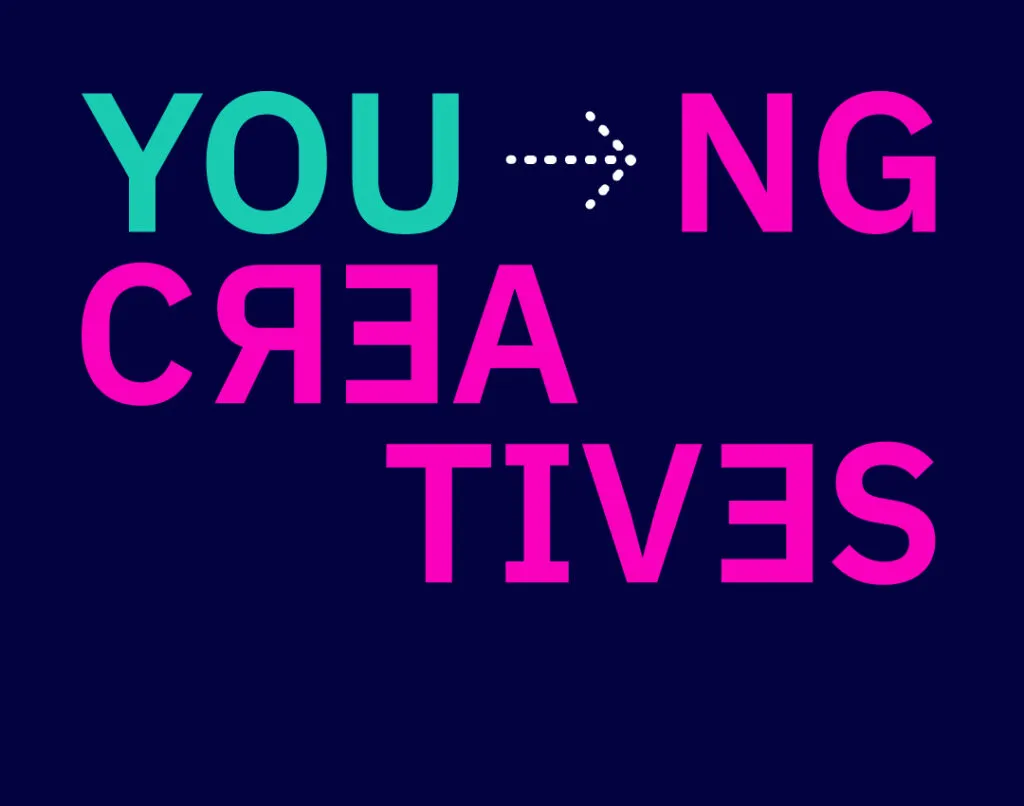
Young Creatives
bis 14 Jahre
Wir suchen deine ersten Ideen! Du bist kreativ, probierst gerne Neues aus, hast verrückte Einfälle und bastelst oder tüftelst gerne? Dann bist bei Young Creatives von u19—create your world genau richtig: Egal ob eine Zeichnung, ein Comic, eine Geschichte, eine Skulptur, ein Film, ein Hörbuch, ein besonderes Foto, ein bemerkenswertes Lego-Kunstwerk, ein Experiment oder deine ersten Programmierprojekte – der Kreativität sind keine Grenzen gesetzt! Mach ein Foto oder Video von deiner Idee und lade es gleich jetzt hoch.
Gewinnen könnt ihr 3 Hauptpreise à 500 €, 4 Auszeichnungen im Wert von insgesamt 450 € und 3 Anerkennungspreise.
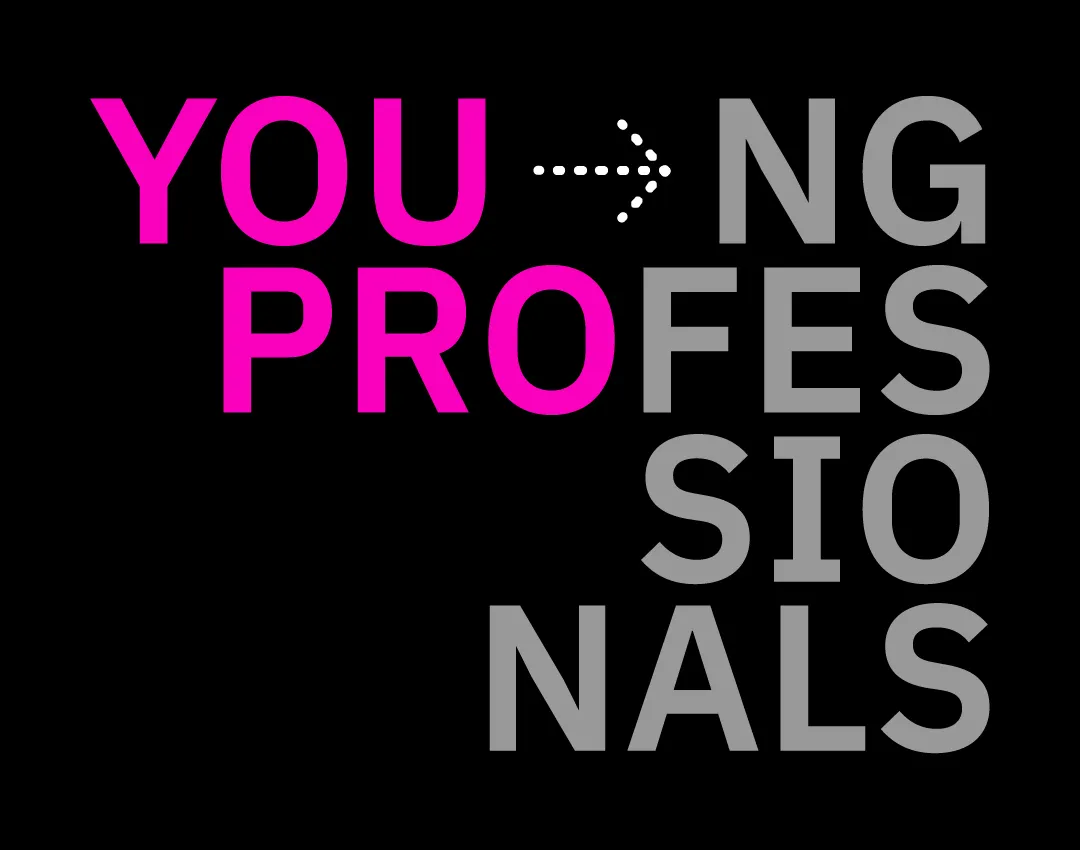
Young Professionals
14–19 Jahre
Bei den Young Professionals suchen wir innovative Weiterdenker*innen, die sich mit ihrem Projekt künstlerisch, kritisch und mit Mut zum sozialen Ungehorsam mit ihrer Welt und der Zukunft beschäftigen. Das Medium für das Projekt ist frei wählbar: Von digitalen oder analogen Bildern, Skulpturen, Podcasts, Soundinstallationen, Games, Videos, Codes, Websites, bis hin zu Performances, Protestaktionen, Social Media- und Umwelt-Projekten ist hier alles erlaubt. Gefragt sind vor allem Eigenständigkeit und Kreativität!
Zu gewinnen gibt es die Goldene Nica mit 3.000 €, 2 Auszeichnungen à 800 € und 10 Anerkennungspreise.
Bei u19–create your world kann ganzjährig eingereicht werden. Die Einreichung für die Jurysitzung 2026 ist bis zum 4. März 2026 möglich!
Alle Informationen via ars.electronica.art.
• Prix Ars Electronica – u19–create your world
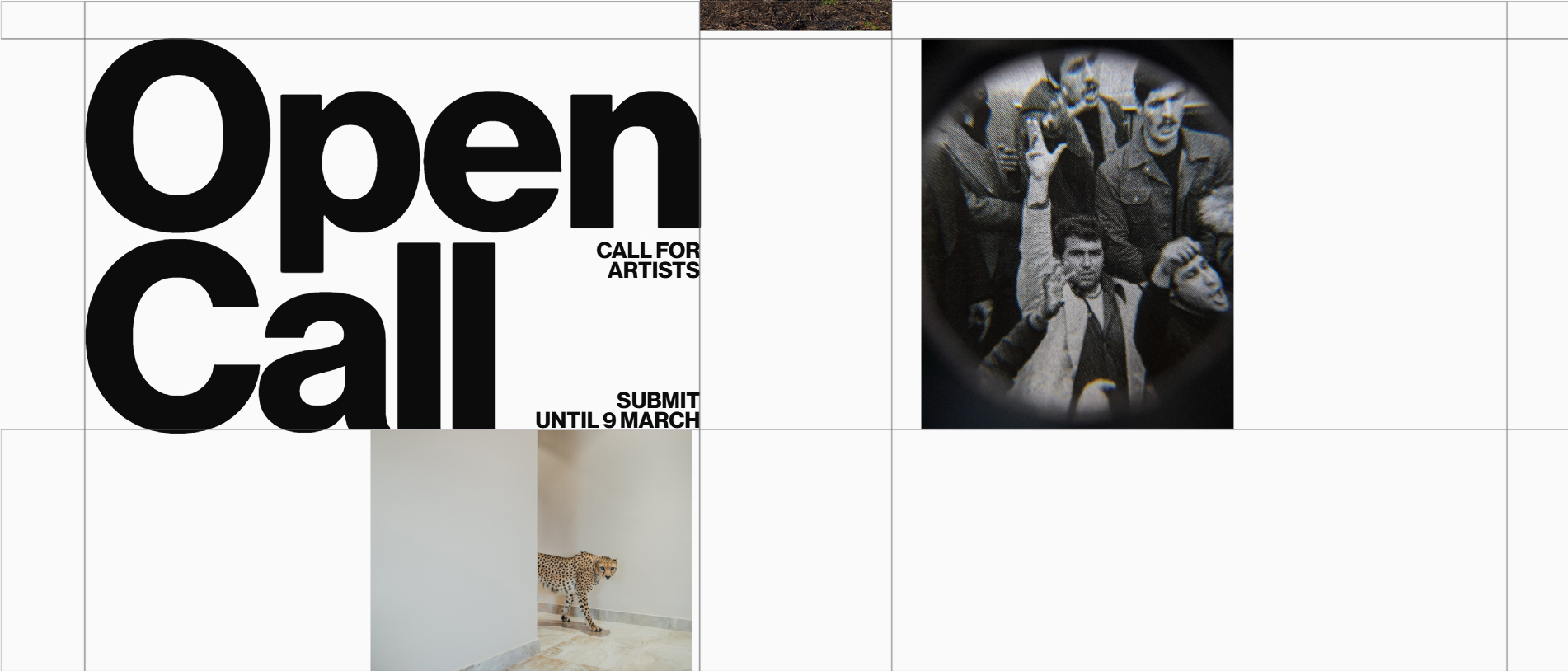
Selection
Showcasing work by over 100 artists worldwide each edition, the festival welcomes submissions across the full spectrum of photography, from fine art and conceptual practice to documentary and photojournalism, as well as image-based work that extends into installation, performance, and moving-image.
The Exhibition Program is committed to a broad definition of photography and to the many forms the photographic image can take, from print and projection to photobooks, texts, objects, and hybrid approaches.
Its curatorial framework considers the conditions that shape how images are made, circulated, and interpreted in relation to the social and cultural dynamics of our time. The festival supports diverse curatorial approaches and develops exhibitions in close dialogue with artists and the ideas their work advances.
In 2026, more than 80 artists from around the world will be selected through the open call for the festival’s Exhibition Program, alongside participants in projection presentations, mentoring sessions, and portfolio reviews.
When & Where
Main Venue
Selected works will be presented at Benaki Museum / Pireos 138 in June–July as part of the Main Program, across more than 3,000 square metres of exhibition space, alongside an expanded program of satellite projects across the city.
Dates
Athens Photo Festival will take place from 10 June to 26 July 2026.
How to Apply
Apply through the online entry form and submit all required entry materials.
Submission Deadline
The submission deadline is 9 March.
Submission Guidelines
Please review the General Guidelines for Submission and Participation before you begin.
All information via photofestival.gr/open-call.
• Athens Photo Festival
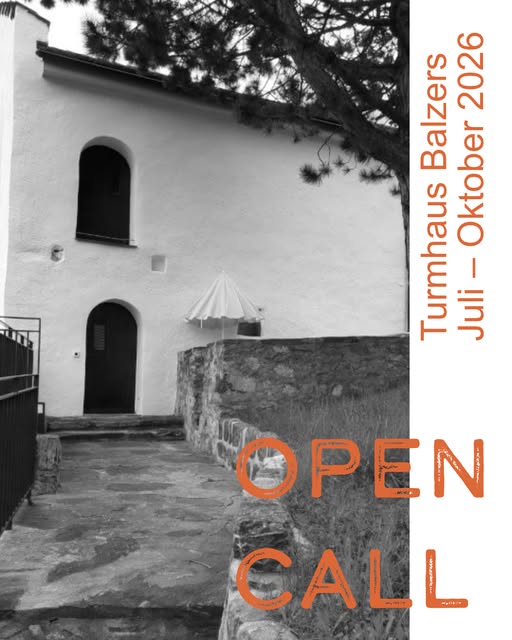
Das Bundesministerium für europäische und internationale Angelegenheiten vergibt in Kooperation mit dem Amt für Kultur des Fürstentums Liechtenstein und in Zusammenarbeit mit der ÖGfL ein Aufenthaltsstipendium für österreichische oder in Österreich lebende Autorinnen und Autoren.
Hardfacts:
- 3 Monate: 14. Juli – 9. Oktober 2026
- im »Turmhaus« in Balzers, Liechtenstein.
- Bewerbung inkl. Lebenslauf und Projektbeschreibung bis 25. März 2026
- Bevorzugt werden Projekte, die sich mit den Themen Grenzen/Grenzräume/ Leben an der Grenze oder Schweiz/Liechtenstein beschäftigen.
Alle weiteren Informationen sind auf unserer Website zu finden: https://www.ogl.at/aktivitaeten/residencies/balzers/
Foto © Ursula Wiegele
• Turmhaus Balzers

Die Ausschreibung für das Stipendium Grazer Stadtschreiber:in hat begonnen.
Die Einreichfrist für Bewerbungen endet am 31. März um 23:59 Uhr.
Auf Einladung der Stadt Graz verbringen Schriftsteller:innen aus Österreich und anderen Staaten einen begrenzten Zeitraum (1 Jahr) als Gäste in Graz.
Die Idee des traditionellen Stadtschreibers des Mittelalters, der bei Ratssitzungen als Protokollführer diente, wurde wieder aufgegriffen und neu definiert. Die eingeladenen Schriftsteller:innen erhalten die Möglichkeit, ohne finanziellen Druck ihrer literarischen Tätigkeit nachzugehen und sich mit der Atmosphäre und der Kulturszene der Stadt auseinanderzusetzen.
Die Ausschreibung „Grazer Stadtschreiber:in“ richtet sich nur an Literat:innen bzw. Autor:innen (Prosa, Lyrik, Theater)! – (siehe Richtlinien)
Die Bewerbung ist ausschließlich per Mail an kulturamt@stadt.graz.at möglich, die Bewerbungsunterlagen müssen ohne Ausnahme im Pdf-Format übermittelt werden!
Richtlinien
Richtlinien für das Literaturstipendium „Grazer Stadtschreiber:in“
Guidelines for the literature scholarship „Grazer Stadtschreiber:in“
Logo
Förderungsempfänger:innen sind verpflichtet in geeigneter Form auf die Unterstützung durch die Stadt Graz hinzuweisen. Dies hat ausschließlich mit dem Logo Stadt Graz zu erfolgen.
Betreuung
Die Betreuung erfolgt seit 1997 durch die Kulturvermittlung Steiermark über das Internationale Haus der Autor:innen Graz (I.H.A.G.)
kulturvermittlung.org
Informationen via kultur.graz.at/kulturamt/33.
• Grazer Stadtschreiber:in
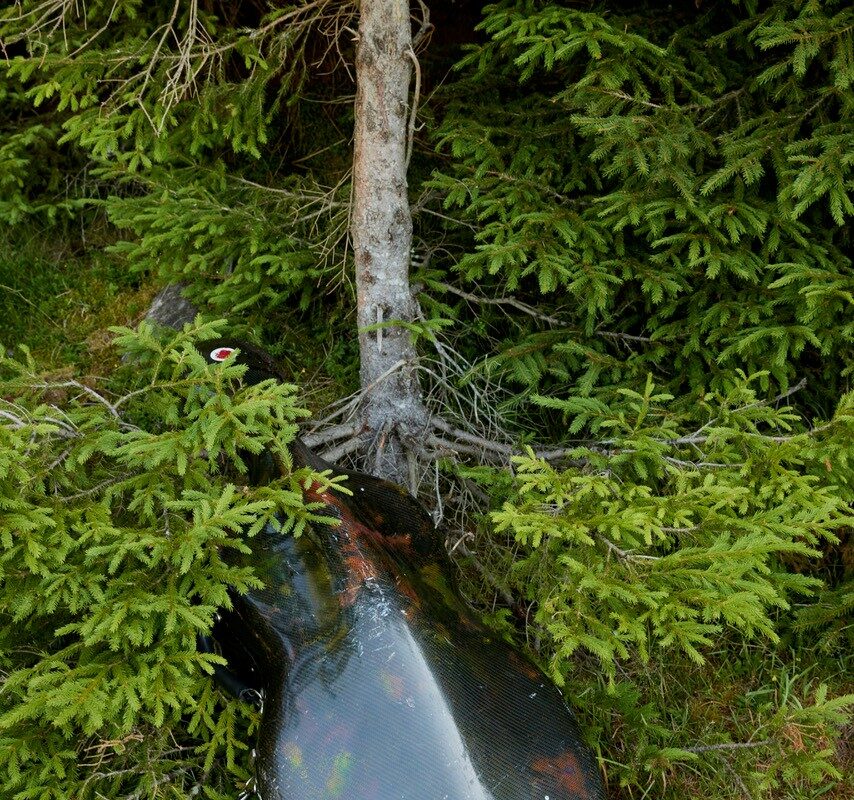
Die Kärntner Kulturstiftung startet 2026 mit einer österreichweiten offenen Ausschreibung – dotiert mit 200.000 Euro – und sucht herausragende Projekte aus Kunst und Kultur zum Überthema: PERIPHERIEN IM WANDEL
Sie versteht sich als unabhängige, gemeinnützige und nachhaltige Organisation, die biennal Projekte auf Basis einer offenen Ausschreibung fördert. Ihr besonderes Anliegen ist es, Impulse zu setzen und herausragende Projektideen zusätzlich bzw. unabhängig von der öffentlichen Hand zu ermöglichen.
Bereits zum vierten Mal veröffentlicht die Kärntner Kulturstiftung einen Open Call um – von Kärnten ausgehend – kulturelle Potentiale zu fördern und national und international besser sichtbar zu machen. Die neue Ausschreibung hofft auf Einreichungen von innovativen Kulturideen, die in einem zweistufigen Verfahren als Siegerprojekte juriert und mit einer Fördersumme von insgesamt 200.000 EUR unterstützt werden.
Einreichschluss ist der 17. April 2026
Alle Informationen via kulturstiftung.at.
Foto © Johannes Puch | Carinthischer Sommer 2025
• Kärntner Kulturstiftung
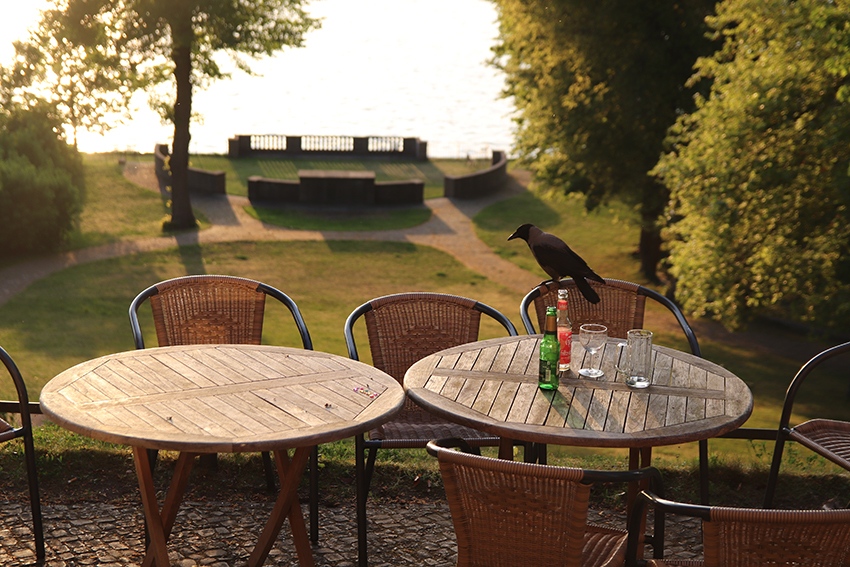
Die S. Fischer Stiftung vergibt seit 2007 die ›Schritte‹-Stipendien an Übersetzer·innen deutschsprachiger Literatur. Ab 2026 werden sie neu ausgerichtet, und zwar für literarische Übersetzer·innen aus Armenien, Belarus, Georgien, Moldau und der Ukraine, die deutschsprachige Literatur in ihre jeweiligen Landessprachen übersetzen. Es werden vier einmonatige, mit 2.500 Euro dotierte Residenzstipendien im LCB ausgeschrieben; Reisekosten werden nicht erstattet. Zusätzlich werden zwei Arbeitsstipendien in Höhe von 2.000 Euro vergeben, die nicht an eine Reise nach Berlin geknüpft sind.
Bewerbungen für das Jahr 2027 können bis zum 30. April 2026 per Mail an Jürgen Jakob Becker (becker@lcb.de) gesendet werden. Die Datei muss die Kontaktdaten (Adresse, Telefonnummer, Mailadresse), biografischen Angaben, Arbeitsvorhaben/Motivationsschreiben und ggf. Angaben zum gewünschten Aufenthaltszeitraum im LCB enthalten.
Alle Links und Informationen auf lcb.de.
• ›Schritte‹-Stipendien 2027

